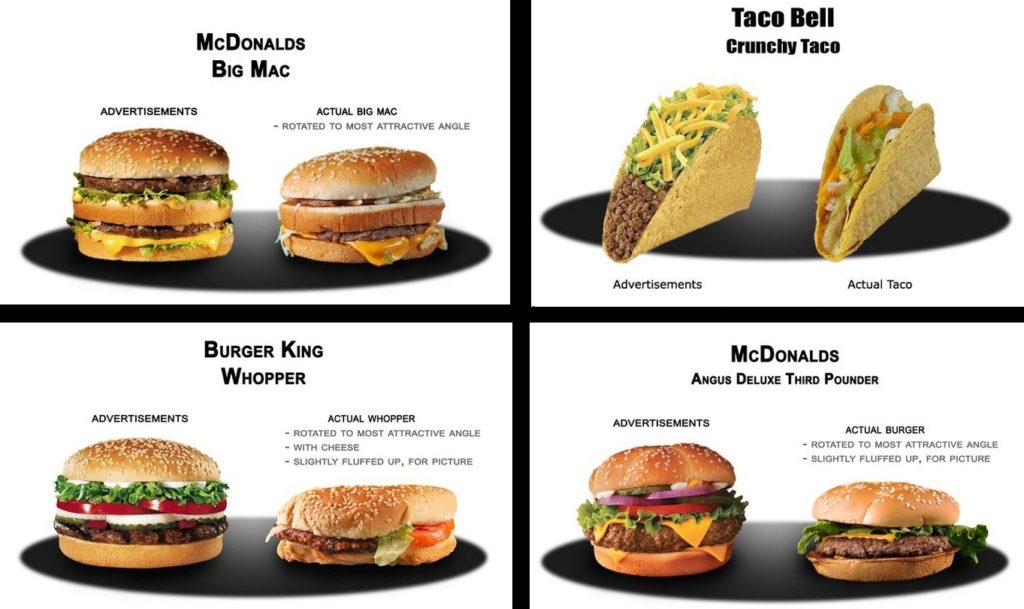
Portfolios are now free.
Trading stocks is now free. Robinhood took it there, amassing 4 million customers with absolutely no intention of making money. The venture backers and Snoop Dogg (true story) understood the value of building a user base first. And this morning JPMorgan followed. Why not? Equity trades have been a commodity for a decade. What’s changed is that now they’re a worthless commodity, a loss leader. Come for the free trades, stay while we get you to trade options, use margin or as we lend your shares to the short-sellers. In JPMorgan’s case, here’s a hundred free stock trades, and here’s a credit card offer every two weeks. Big deal.
Asset allocation is now free. Here are five ETFs, rebalance a few times a year and mumble something about tax-loss harvesting. Big deal.
Mutual funds are now free. Fidelity Free is the Boston-based giant’s answer to the Valley Forge, PA leviathan. Someone is coming out with the mutual fund that pays you, it’s gotta be right around the corner. Maybe an ETF that also washes your car. Or an index fund that adds an additional dividend payout to shareholders who give up enough personal information about themselves and agree to be marketed to. Who’s the most desperate for market share these days? Do it. Come on. Big deal.
The race to the bottom has concluded.
The war is over.
But your war is just beginning.
The difference between a portfolio that costs 1.5 percent and zero percent is negligible in the grand scheme of things if you have no idea how to act, implement, and react to varying conditions. If you can’t control yourself in the presence of news, data, opinion, regulatory changes and volatility – and know what’s important and what isn’t – then it really doesn’t matter how many basis points you’re paying for your portfolio, does it?
The data suggests that people are on their absolute worst behavior at the absolute worst moments. This cycle is inexorable. It is why markets function to begin with – people have to lose and the masses have to lose massively at major turning points. And they do. The dollar-weighted returns of even the best performing funds prove this every year. The free-ness of a portfolio thus becomes irrelevant, a triviality in the shadow of our colossal inability to act professionally.
Of what consequence are a handful of basis points when we can barely maintain an awareness of our elemental cognitive deficiencies?
When people obsess about the costs of a fund or of a particular investing strategy, I sometimes have to bite my tongue. Absent the context of a plan, it is a meaningless conversation.
Because the true cost – that of an aimless, lawless course of investment, replete with emotional leniency and non-descript, nebulous objectives – is probably going to bury them anyway. Everyone’s rational, calm and self-directed until the economy blows up and takes the investment markets down with it.
As Nick Murray writes in his fifth edition of Simple Wealth, Inevitable Wealth:
A portfolio is not, in and of itself, a plan. And a portfolio that isn’t in service to a plan is just a form of speculation; it can have no other goal than to beat most other people’s portfolios.
But “outperformance” isn’t a financial goal. An income you don’t outlive – to cite one critical example – is a financial goal. If your portfolio “outperforms” mine, such that I run out of money when I’m 76, and you don’t run out of money until you’re 82, it isn’t going to matter much when we’re both 85, sitting on a park bench without two nickels to rub together between us.
A plan involves a portfolio that is calibrated to deliver what the plan calls for as an acceptable outcome over time. It involves calculations and assumptions. It utilizes statistical fact and educated guesswork. It creates scenarios and populates them with probabilities. It involves decision making with trusted advisors – on taxes, inheritance, cash flows, debts, philanthropy, insurance, health care. A plan is not a product, it’s an ongoing service. It’s alive. It doesn’t just exist. It requires revision.
What it does do is demand rational, deliberate behavior on the part of the investor and his or her trusted advisor.
What it doesn’t do is fixate on basis points.
Focusing on the performance or cost of a portfolio relative to something other than a plan is like decorating a house that has no foundation.
Making poor decisions – even if at a low cost or even no cost – won’t do anyone any good.
Everything in the investment business is free now. Nothing has any value.
But a financial plan, well-executed and tenaciously adhered to…well that’s priceless.
***
Just to give you idea of how long this trend has been in force, a version of this post originally ran in 2014.




… [Trackback]
[…] Info on that Topic: thereformedbroker.com/2018/08/21/a-portfolio-is-not-a-plan-2/ […]